The early life of Saint Bernard is lost to Holy Legend. Sources suggest that Bernard was born of nobility, likely in Italy or France, and left home to study in Paris. Upon the arrangement of an honorable marriage by his parents, Bernard returned home to profess his preference to devote himself to the Lord, entering the religious life. Some scholars suggest that his parents, pagans perhaps, were not pleased with this and locked him in the tower of their chateau. Saint Bernard is said to have thrown himself from the tower, only to be carried by angels the forty feet to the ground and set gently upon it. He is said to have fled to the monastery.
Church scholars agree that Saint Bernard found his way to the Benedictine Order, entering the monastery at Aosta, Italy, and eventually becoming ordained a priest. Recognized for his patience and obedience, as well as his knowledge and virtue, Saint Bernard was made archbishop of the Alpine Diocese, a most inhospitable route through the mountains between Italy and Switzerland. This was a common path of pilgrimage for those journeying to Rome, and was also quite dangerous due to weather and thieves.
Saint Bernard undertook his charge with vigor, establishing two hospices in the pass that would eventually be named for him—one at the highest point (8,000 feet) and one at the second highest point (7,076 feet)—both perpetually covered with approximately 8 feet of snow. He further built and dedicated a church to Saint Nicholas there. He filled the buildings with warmth and love, catering to travelers and strangers, always finding time to speak with them about the love of God. Bernard organized roving patrols throughout the mountain pass, driving out the thieves and brigands. Having obtained permission from Rome, he invited members of the Augustine Order to help him minister to travelers. With their help, he patrolled the mountains searching for lost travelers, oftentimes with dogs carrying water around their necks—the same dogs that would eventually be named for him. The Order offered food, clothing, and shelter to the travelers and took care of the unfortunate who perished during the journey. They depended solely on gifts and collections for sustenance.
Saint Bernard’s life was one of simple service in a difficult environment. His hospitality was legendary, and his works survive today in the form of the hospices he established. His community—the Houses and Congregations of Saints Nicholas and Bernard—remains active today, maintaining the Alpine hospices as well as one in the Himalayas. Upon his death, he was interred at the cloisters of Saint Lawrence. Numerous miracles were reported at the site of his burial, as well as in Saint Bernard’s pass. We are inspired by the love of Saint Bernard to extend ourselves to those in need, never missing an opportunity to show God’s love. Saint Bernard reminds us of the epistle of Saint Peter (1 Peter 4: 7-11):
7The end of all things is near. Therefore be clear minded and self-controlled so that you can pray. 8Above all, love each other deeply, because love covers over a multitude of sins. 9Offer hospitality to one another without grumbling. 10Each one should use whatever gift he has received to serve others, faithfully administering God's grace in its various forms. 11If anyone speaks, he should do it as one speaking the very words of God. If anyone serves, he should do it with the strength God provides, so that in all things God may be praised through Jesus Christ. To him be the glory and the power for ever and ever. Amen.
Prayer Intentions: Hearts of Hospitality
Requested Intentions: Husband’s freedom from illness (L); Personal intentions (S); Successful passing of dental board examination (P); Blessings on a family (Z); Successful permanent employment (C); Healing of a son with autism (J); Son’s successful employment (L); For the intentions of family and relatives, for the Carthusian community (T); For personal intentions (A); Restoration of lost hearing (C); Resolution of relational and financial challenges (S); Comfort following loss of husband, security for family, assistance with housing (B); Healing and return of brother (O); Successful hermitage foundation (S); Support from family, permission to marry (H); Recovery of wife following surgery, freedom from depression (W); Protection and recovery of mentally ill daughter (J); Successful resolution to legal proceedings (N); Freedom from worry and successful employment (M); For successful sale of home and freedom from debt (J); Freedom from pain and illness (E).







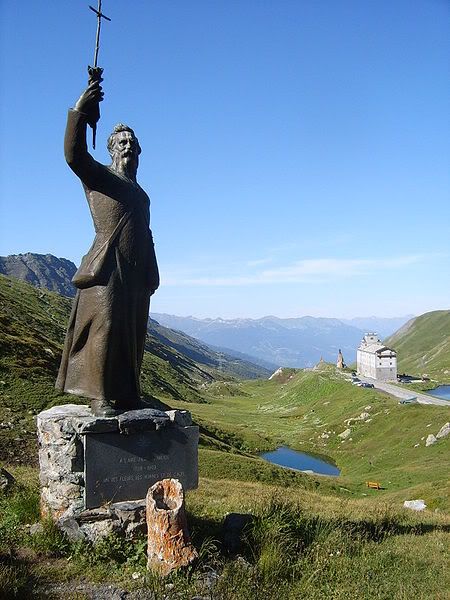
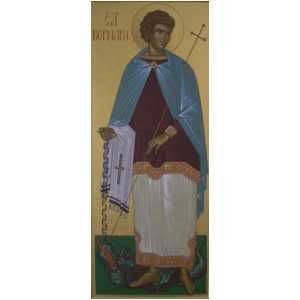
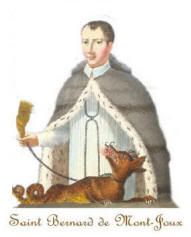
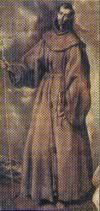
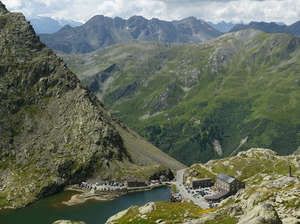
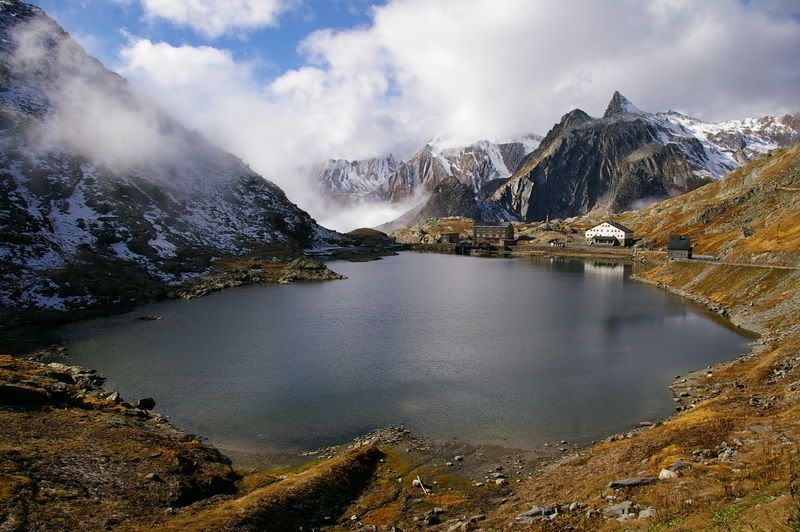
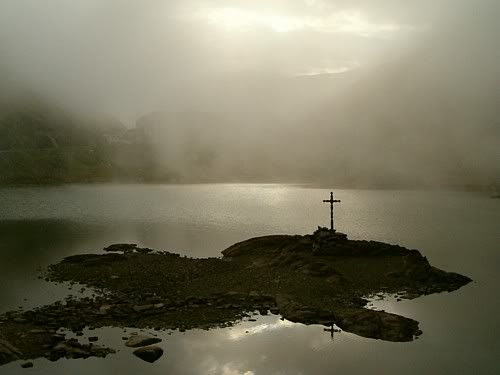
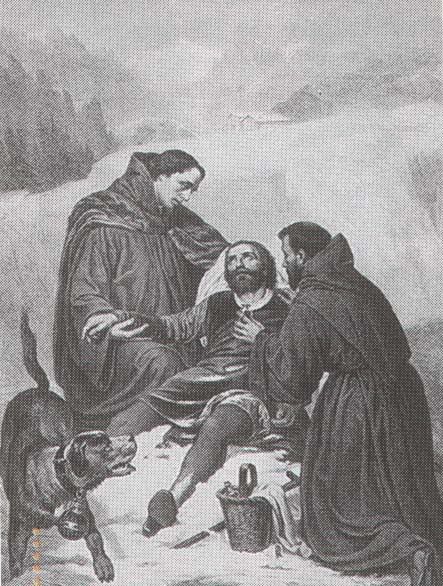
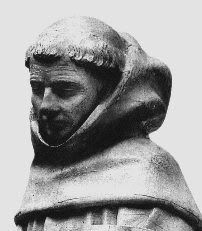

0 comments:
Post a Comment
Thanks for leaving a comment. If you wish to submit a prayer request, however, please do so above, using the "Contact" tab.